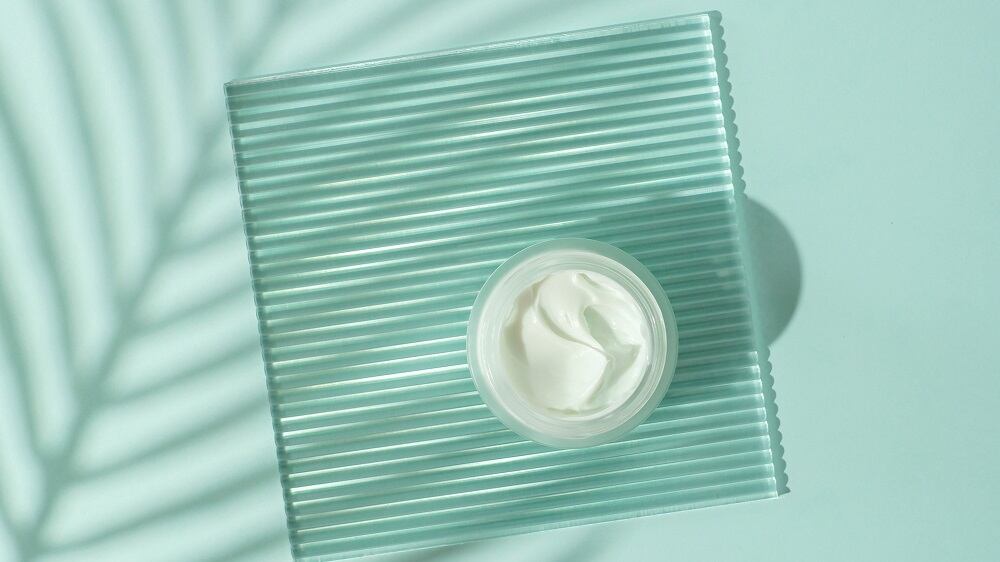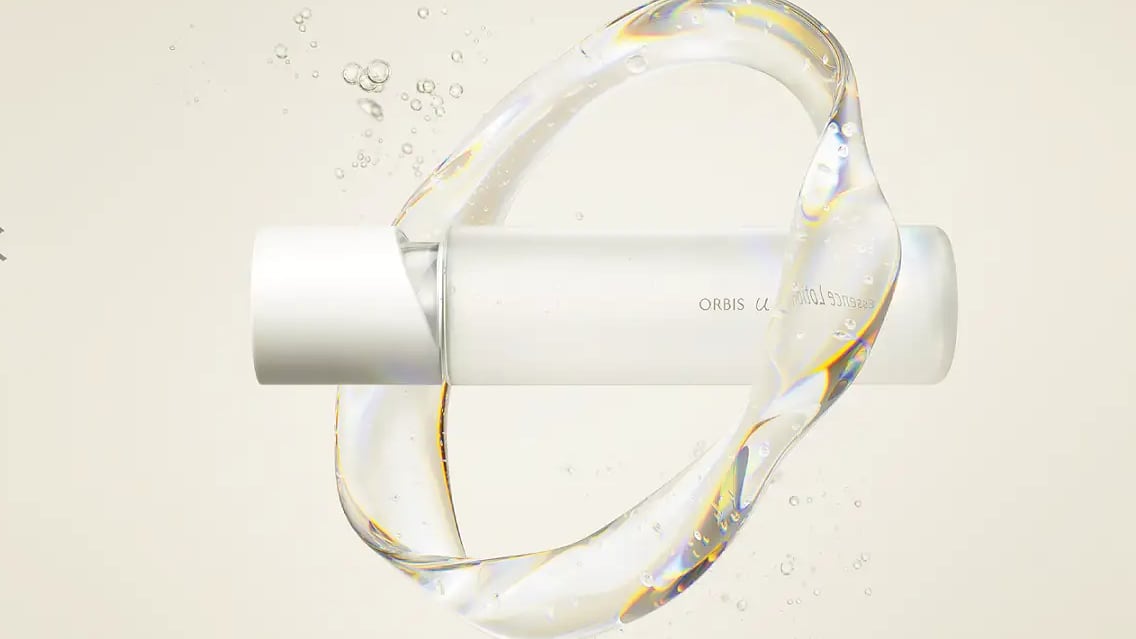The new facility specialises in injection stretch blow moulding (ISPM), which according to the firm, is specialised technology that is not widely available.
This technology would allow the company to offer PET packaging that looks like glass with all the benefits of plastic. More importantly, it is a sustainable option that beauty brands can look into.
“We can replicate and mimic glass with the benefits of plastic in terms of not being breakable, being more durable, and recyclable. We can incorporate a high percentage of [post-consumer resin] into blow moulding, up to 100% if we want to,” said Samuel Xuereb, executive director of Toly Asia.
“We found a big demand for this type of packaging. Because first of all, it's a mono-material. It's one piece, you haven't got several different components, it's just one material, that can go straight into the existing recycling stream.”
He emphasised that this appetite for sustainably conscious packaging was a key driver behind this expansion.
“The market is obviously very hungry for this type of product and sustainability is definitely at the top of all that. Yes, there was a demand for these bottles even before the whole sustainability agenda came on stream, but for sure sustainability is the number one driver of all this.”
Aside from the demand for more environmentally conscious packaging, the company is offering this technology in Korea to keep up with the trend of localisation.
“What we see in the world right now is localisation and manufacturing where you are going to be selling. There seems to be a strong drive towards this at least from the major global brands,” said Xuereb.
Furthermore, the company has identified new opportunities in the domestic market, he said.
“The local Korean market is huge and for us is almost untapped. It’s a huge opportunity to open up and grow in the local market.”
China woes
At the same time, the focus on Korea could potentially offset the sluggishness in China caused by the lockdown in the first half of the year and the overall lack of consumer confidence in the market right now.
While China still remains one of the firm’s most important markets, it is expecting business to be slow for the next 12 months.
In addition to Korea, the company is also casting an eye toward new growth markets such as South East Asia.
“We see a lot of exciting opportunities in South East Asia, in countries like the Philippines for example where there are up-and-coming brands,” said Xuereb.
“We’re starting to work with brands we would have never considered in the past. They’re exciting because they are growing faster, they’re going for premium products, expensive formulas and they are spending on packaging. These are optimistic opportunities.”





